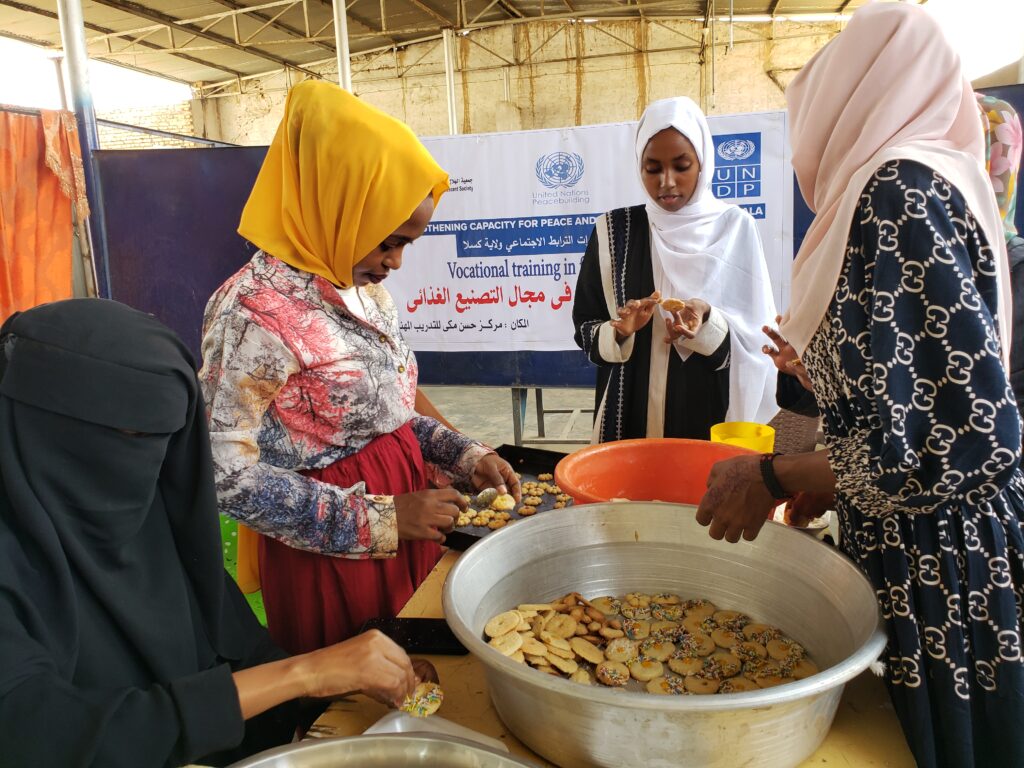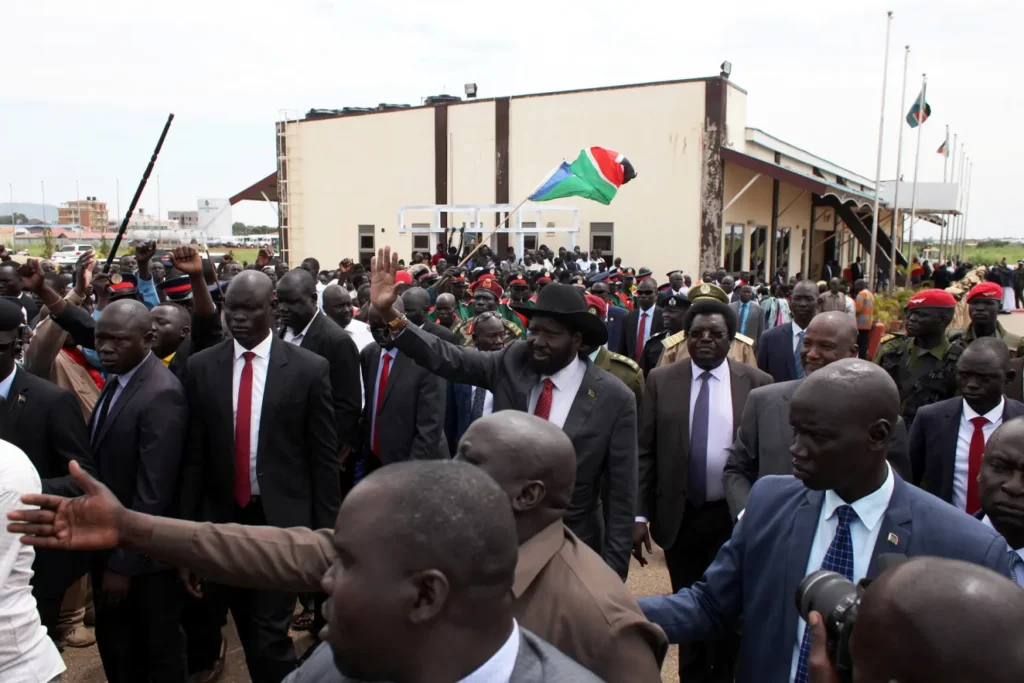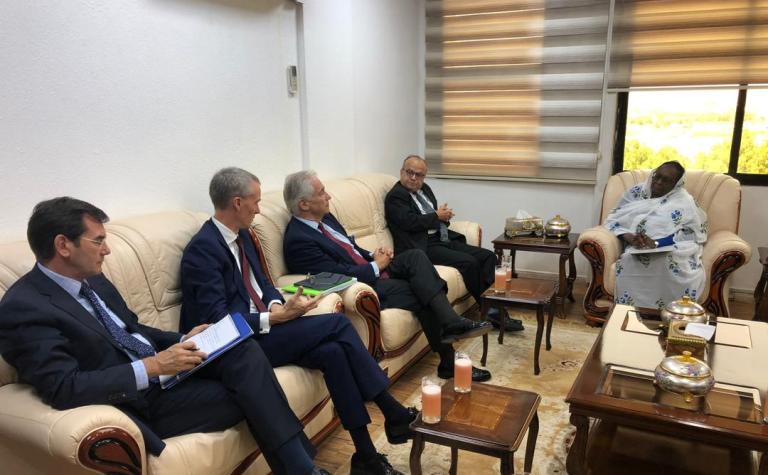
Nestled at the crossroads of Africa and the Arab world, Sudan has long been a cultural and spiritual meeting ground. Its story is interwoven with the rich tapestry of Islam, which arrived on its shores centuries ago and has since become an integral part of its identity.
The roots of Islam in Sudan run deep, tracing back to the earliest days of the religion’s expansion. It was Arab traders and travelers who brought not only their wares but also their faith, sharing the teachings of Islam with the people they encountered along the ancient Saharan trade routes. Over time, these teachings took hold and flourished within the land.
What makes Islam’s presence in Sudan truly captivating is the seamless fusion of faith and tradition. Local customs and Islamic practices have harmoniously intertwined, creating a unique Sudanese Islamic culture. This fusion is evident in the vibrant hues of traditional clothing, the rhythmic beats of music, and the flavors of beloved dishes – all of which reflect the profound connection between faith and the everyday lives of the Sudanese people.
Sufism, the mystical dimension of Islam, has found fertile ground in Sudan. Its spiritual seekers, known as the Whirling Dervishes, engage in enchanting dances that transcend the material world. These dances are not just a form of worship; they are an artistic expression of a profound connection with the divine, offering a glimpse into the deep well of spirituality that shapes Sudanese culture.
Architectural marvels across Sudan pay homage to the nation’s Islamic heritage. The Grand Mosque in Khartoum stands tall as a symbol of devotion, its minarets reaching for the sky. In cities like Omdurman and Dongola, historic tombs and mosques bear witness to the intricate craftsmanship inspired by Islamic principles.

Sudan’s history is a testament to religious tolerance and coexistence. While Islam is the predominant faith, Sudan is a land where Christians and followers of indigenous African traditions also find their place. This diverse religious landscape has nurtured an ethos of respect and dialogue, where different beliefs enrich the cultural fabric of the nation.
As Sudan embraces a new era of change, its Islamic identity remains a steadfast anchor. The nation’s youth, driven by a spirit of progress, are shaping the role of Islam in contemporary Sudanese society. They honor their faith while advocating for social advancement, bridging the past and the future.
In the heart of Sudan, Islam’s enduring influence continues to be a source of strength, unity, and inspiration. It is a living testament to the nation’s intricate connection with its past, its present, and the boundless possibilities of its future.



